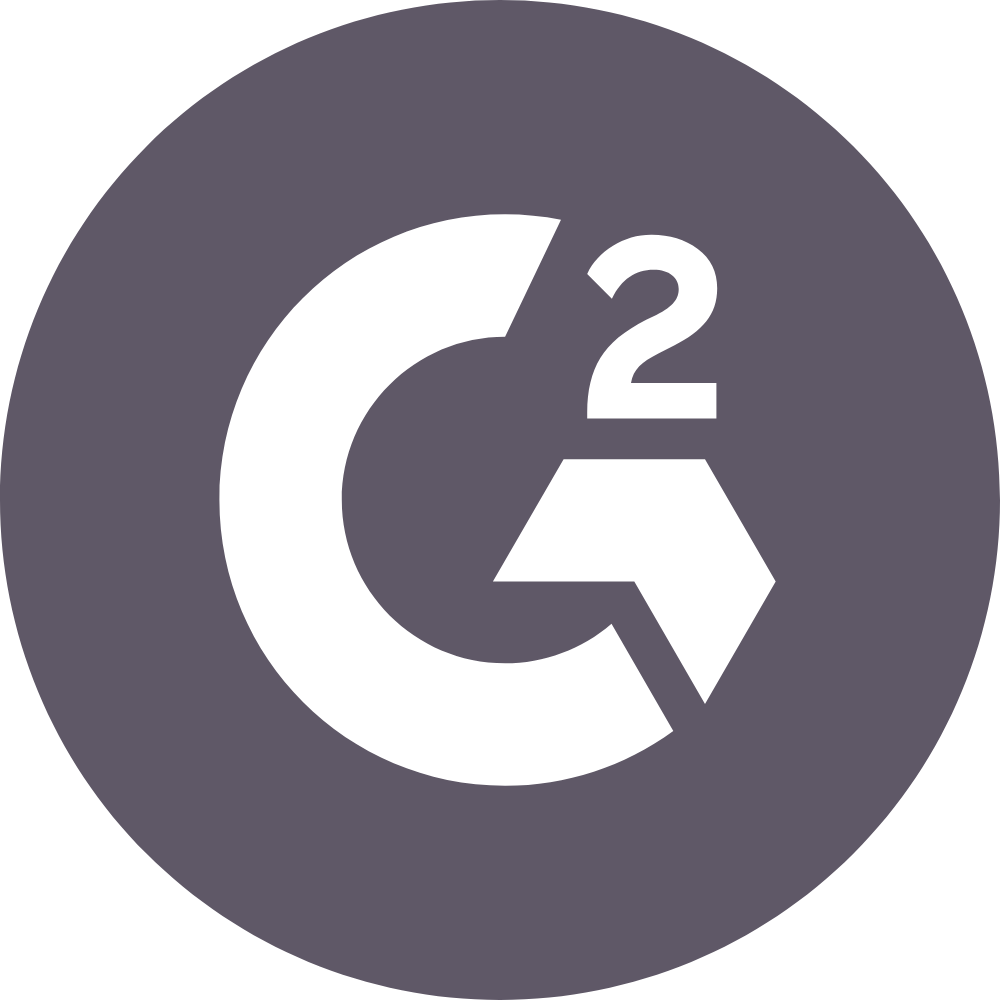CCPA Compliance Software
CCPA Compliance
in Less Time, With More Confidence.
Osano’s Privacy Platform can help you comply with the California Consumer Privacy Act (CCPA). Osano gets you up and running quickly with capabilities for managing opt-out requests, processing universal preference signals like the Global Privacy Control, automation for consumer and employee subject rights requests, and more.
/CMP/Switchback-2-consent-management-solutions.png?width=1184&height=1216&name=Switchback-2-consent-management-solutions.png)
Join thousands of companies winning consumer trust with Osano








Start Simplifying Your Compliance Journey
CCPA COOKIE CONSENT
Honor Opt-out Requests
When California citizens visit your website, you need to provide the appropriate disclosures and data collection consent options. Osano detects the geolocation of California visitors and automatically displays the relevant banner to them. If visitors opt out, Osano blocks the relevant data trackers on your website, keeping you in compliance.
-
Choose between opt-in and opt-out compliance mode (both compliant under the CCPA).
- Permit visitors to opt out via your banner, universal preference signals, or a do-not-sell/-share link.
-
Control users’ personal data flows to third parties and targeted advertising based on their consent.
- Rapidly implement Osano Cookie Consent with one line of JavaScript and a few hours of your time.
/CMP/Switchback-3-consent-management-solutions%20%20-%20purple.png)
CCPA DATA SUBJECT RIGHTS
Manage Consumer and Employee DSARs Alike
When a data subject makes a request under the CCPA, you have to meet that request within 45 days. Responding to DSARs takes time away from more strategic initiatives, and 45 days can go by pretty quickly if you experience a high volume of requests. Osano streamlines the subject rights request process, automates common request types, and enables a faster, more accurate workflow.
-
Process access, correction, deletion, opt-out requests, and more.
-
Automatically fulfill summary and deletion requests with human verification for accuracy.
- Discover personal information across disparate data stores
-
Receive subject rights request from embeddable form and/or designated email address.
-
Communicate with data subjects in one centralized, secure location
/Subject%20Rights%20Management%20(DSAR)/Switchback-1B-subject-rights.png)
CCPA DATA MAPPING
Data Mapping Purpose-built for Privacy Compliance
If you’ve ever had to depend on manual spreadsheets or the limited capacity of your organization’s data analysts, you know that mapping your organization’s personal data stores is a time-consuming, reactive task.
Osano Data Mapping provides a privacy-focused data mapping solution that dramatically accelerates the mapping process and reduces errors through automation.
/Data%20Mapping/Powerful-visualization-data-mapping%20(1).png)
CCPA VENDOR MANAGEMENT
Ensure Your Customers’ Data Is in Good Hands
If you do business in California, then the CCPA requires you to establish the right contractual provisions with your third parties, service providers, and contractors. Osano Vendor Risk Management can help you identify vendors who can live up to those contractual standards and give your customers’ data the protection it deserves. Osano helps you conduct required vendor assessments, tracks vendor privacy changes and new lawsuits, and generates a proprietary Vendor Score to help you assess privacy practices at a glance.
- Assess vendors at a glance with Osano’s Vendor Score, calculated via a 163-item proprietary ontology based on NIST and ISO standards.
-
Receive alerts for vendor lawsuits and privacy policy changes.
-
Discover sub-processors and fourth parties that may handle your customers’ data.
- Use template vendor assessments to take a deep dive into your vendors’ existing processes and document your compliance efforts.
/Vendor/Hero-vendor-risk%20(1).png)
Key Resources on All Things Privacy
Discover actionable tips straight from our team of legal and privacy experts through our blogs, webinars, eBooks, guides, and more.

The ROI of Privacy Management
Learn why organizations that invest in data privacy gain a return of up to $2.70 for every dollar spent.
Download Now
Building Compliance into Marketing Operations Puts Privacy First
Lattice uses Osano to eliminate operational complexity, align marketing and compliance teams, and fulfill its promise of being a privacy-first organization.
Read Now
2025 U.S. Data Privacy Checklist
Download our checklist to learn what your first steps should be, regardless of which law applies to your organization.
Download NowWhy Customers Love Osano
All Osanians work hard to ensure our customers have a delightful experience and stay compliant. Hear their reports on what it’s like to be an Osano customer.
"The Osano team is very knowledgeable, helpful, and accessible. I know I can expect a thoughtful and prompt response to all my questions. The platform is intuitive, easy to implement, and enables us to holistically monitor privacy compliance. We really could not be happier."
Ivanna C
G2 Reviewer

"Osano helped us get into cookie compliance in a customer-friendly and consistent manner. Looking forward to spending less time worrying about keeping up with legal changes with Osano looking out for the many coming changes in data compliance."
Aaron L
G2 Reviewer
"Osano is simplifying our international expansion and giving our exec team peace of mind with privacy compliance. It also has allowed us to conserve developer resources with its "one line JS" model."
Ryan W
CEO, G2 Reviewer

"The platform is highly intuitive, and the team has extensive legal knowledge of privacy regulations. Everything in the platform is set up for easy completion; you hardly need to contact the team for questions."
Lilla M
Digital Marketing Manager, G2 Reviewer
"We like that [Osano] is an all-in-one solution and that it automatically searches our site to keep us compliant."
Glen B
Director of Compliance and Commissions, G2 Reviewer

"It is hard to keep track of third-party cookies in an enterprise where several departments can add cookies. Osano helps take that back under control."
Martin V
Information Security Officer and Software Quality Manager, G2 Review
Frequently Asked Questions
FAQs About Osano's CCPA Compliance Solution
The CCPA Is Complex. Compliance Doesn’t Have to Be.
Simplify CCPA compliance with Osano. Let us show you exactly how easy meeting your CCPA obligations can be.
.webp?width=1220&height=1090&name=Osano-guarantee-seal%20(1).webp)